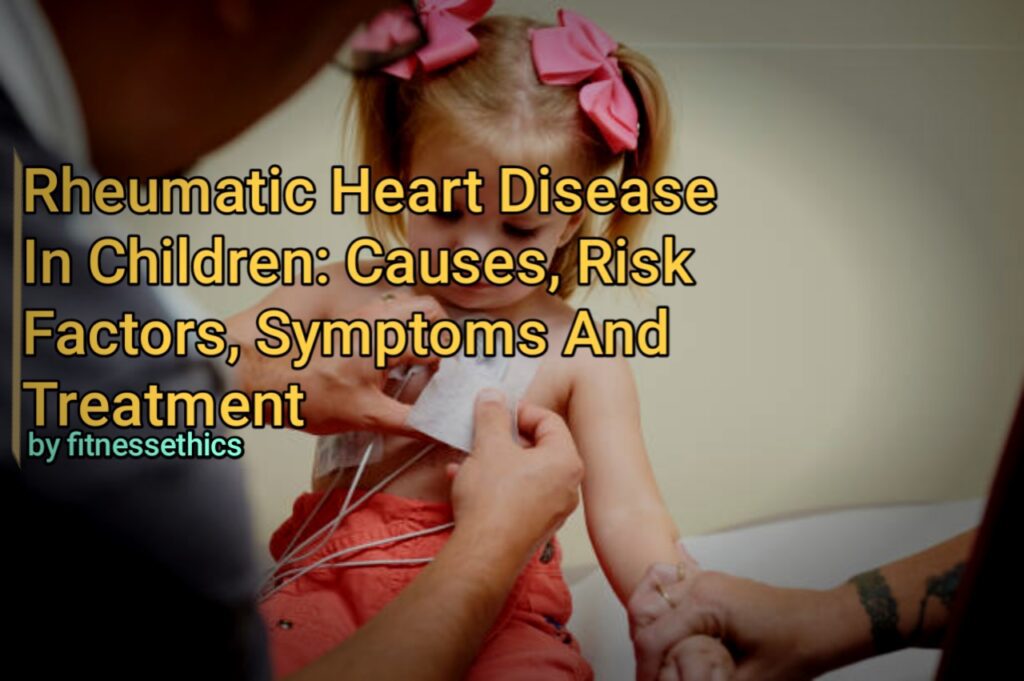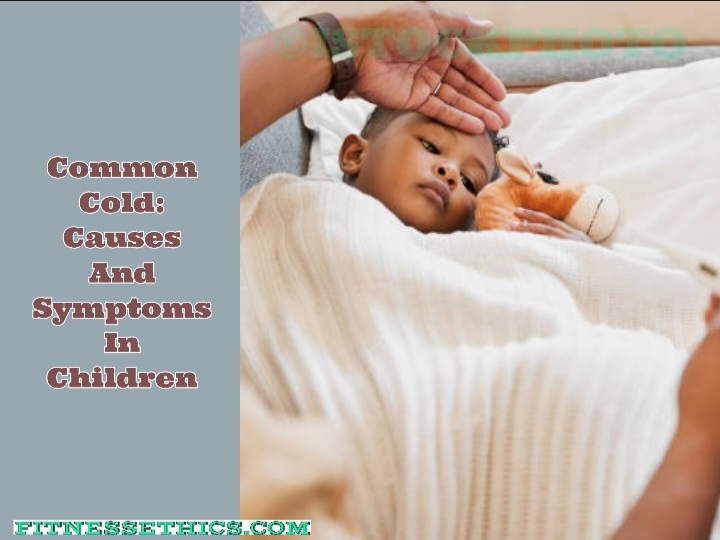What Causes Rheumatic Heart Disease?
Rheumatic heart disease is a condition in which the heart valves are damaged as a result of rheumatic fever. Rheumatic fever is a condition that can develop as a result of untreated strep throat or scarlet fever.This permanent damage to the heart valve is caused by one or more episodes of rheumatic fever. Rheumatic fever causes inflammation, especially of the heart, blood vessels, and joints.
Who Is At Risk Of Rheumatic Heart Disease?
Rheumatic heart disease is a cardiovascular condition that mostly affects people under the age of 25. It’s found to be more common amongst youths and children between the ages of 5 and 15 years. This condition can be common in underdeveloped and low-income countries. It’s rare in a developed country like the United States.
Adults can also have rheumatic heart disease, but as explained earlier, it is more common in children ages 5–15. Why is this condition more common in children? Well, children who get repeated strep throat infections are at the highest risk for rheumatic heart disease.
Children who get repeated strep throat infections are at the highest risk for rheumatic fever and rheumatic heart disease. A recent history of strep infection or rheumatic fever is key to the diagnosis of rheumatic heart disease. Strep throat is a bacterial infection that can make your throat feel sore and scratchy. Sore throats account for only a small portion of sore throats. If left untreated, strep throat infection can result in kidney inflammation or rheumatic fever.
The World Health Organization reports that 288,348 people die globally of rheumatic heart disease each year. People under the age of 25 are impacted the most. Most of these deaths from rheumatic heart diseases are children and teenagers.
Rheumatic heart disease has been eradicated in some parts of the world, but despite the movement to eradicate this cardiovascular disease, it’s still pervasive in regions like sub-Saharan Africa, the Middle East, Central and South Asia, the South Pacific, and among immigrants and older adults in high-income countries, especially among indigenous peoples.
India (119,100), China (72,600) and Pakistan (18,900) recorded the most deaths from rheumatic heart disease in 2015. Recent statistics have shown that this particular cardiovascular disease is more common in Central and South Asia, and in the South Pacific. Kiribati, Pakistan, New Guinea, Vanuatu, Micronesia, Solomon Islands, Nepal, and India are among the countries with the highest deaths from rheumatic heart disease.
Symptoms of Rheumatic Heart Disease
Symptoms are generally associated with discomfort in the chest region. We’ll like most other cardiovascular diseases, here are some symptoms.
- Pain in the chest or joints
- Fatigue, fever, or inability to exercise
- Heart rate increases, murmur, or palpitations (an abnormal beating of the heart that may be perceived by the patient as a result of excitement, exertion, or illness). In this case, palpitation isn’t caused by fear or excitement; it just beats abnormally in the absence of those two factors.
- Other common symptoms include erythema marginatum, polyarthritis, or sore throat.
You should consult your healthcare providers if you’re having discomfort in your chest region.
Treatment for Rheumatic Heart Disease
- When diagnosed at an early stage, the treatment may not involve surgery, but when the heart valve has been severely damaged, surgery may be needed to replace or repair a badly damaged valve.
- Preventing a cardiovascular disease like rheumatic heart disease will be a better decision than treating it. Antibiotics can be used to prevent rheumatic fever from developing. Remember that rheumatic fever causes damage to the heart valves. Preventing rheumatic fever is basically preventing rheumatic heart disease.
- Anti-inflammatory drugs may be used to reduce inflammation and lower the risk of heart damage. Other medicines may be needed to manage heart failure.
- Individuals who have had rheumatic fever either recently or maybe in the past are often given daily or monthly antibiotic treatments, possibly for life, to prevent recurrent infections and lower the risk of further heart damage. To reduce inflammation, aspirin, steroids, or non-steroidal medicines may be given.
[starbox]



